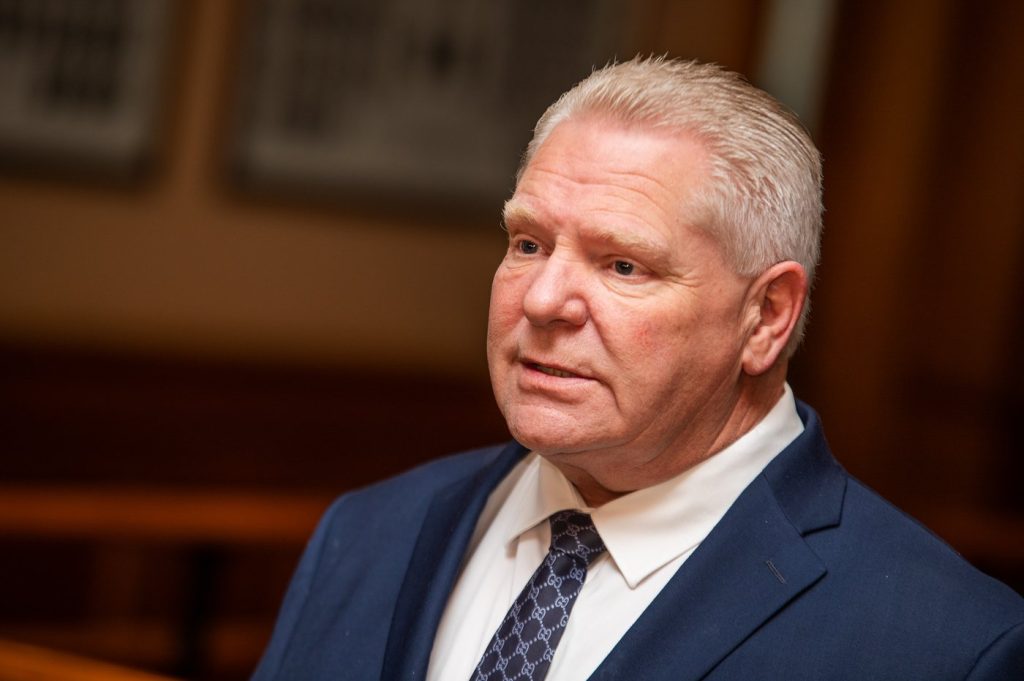On Monday, First Nations leaders warned of potential road, rail, and mine blockades as they intensified their efforts to persuade the Ontario government to abandon a proposed bill aimed at expediting large mining projects in Northern Ontario. The legislation, known as Bill 5, has faced significant backlash from First Nations, environmentalists, and civil liberties groups who argue that it undermines rights and diminishes protections for endangered species.
Indigenous Affairs Minister Greg Rickford acknowledged the backlash, stating that the government heard the concerns expressed by various community leaders. He noted that amendments to the bill have been proposed, and discussions with First Nations leadership are expected to take place to further address these issues. Premier Doug Ford is also reportedly open to engaging with Indigenous leaders on the matter.
Despite recognizing the outcry, provincial ministers have not committed to delaying the bill’s passage for additional consultations, creating a sense of urgency among Indigenous groups. Bill 5 is designed to establish special economic zones that would allow the suspension of provincial and municipal laws for specific projects, with the Ring of Fire region in Northern Ontario being highlighted as a key area for development due to its rich deposits of critical minerals.
Three First Nations communities have entered into shared-prosperity agreements with the province and are currently conducting environmental assessments on proposed roadways leading to the mining site. However, leaders like Grand Chief Alvin Fiddler from the Nishnawbe Aski Nation, which represents 49 First Nations in the region, have indicated that many young people are ready to take action to protect their lands, warning the government to take these sentiments seriously.
Ontario Regional Chief Abram Benedict expressed concerns that the ongoing situation could mirror the Idle No More movement of 2012, which saw widespread protests and blockades across Canada in response to similar concerns about environmental protection and Indigenous rights. He emphasized that consultations must genuinely involve individual First Nations rather than just overarching organizations. The legislation, as it is currently formulated, has been described as infringing on the rights and sovereignty of local communities.
First Nation chiefs have repeatedly voiced their demands for the bill to be completely withdrawn. Fiddler stated that the community is no longer interested in minor amendments; instead, they seek a fresh start on the legislation. While some support for the bill exists, particularly among groups seeking economic development, many Indigenous leaders are adamantly opposed to its current form.
The situation has led to warnings of imminent protests, with New Democrat representative Sol Mamakwa from the Kiiwetinoong riding noting his constituents are considering blockades as a way to compel government attention. The New Democratic Party has also attempted to extend public consultation by proposing additional committee hearings in Thunder Bay, although the Progressive Conservative government voted against this motion.
With Bill 5 moving closer to becoming law, the ongoing conflict highlights the tensions between economic development interests in Ontario and the rights of Indigenous communities to be consulted and to protect their land and resources. The outcome of this legislative process remains uncertain as the government continues to navigate the significant opposition it faces from First Nations leaders and their supporters.












